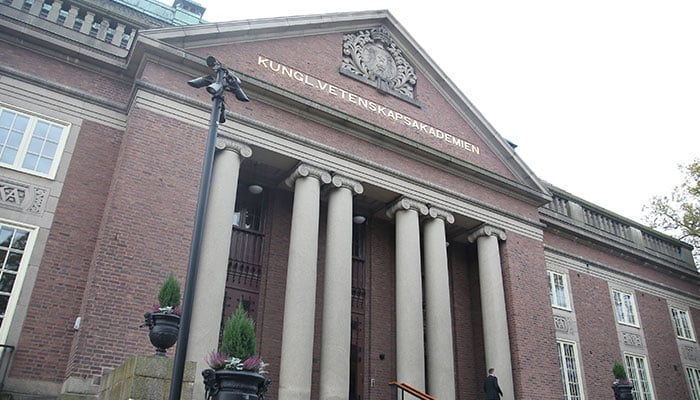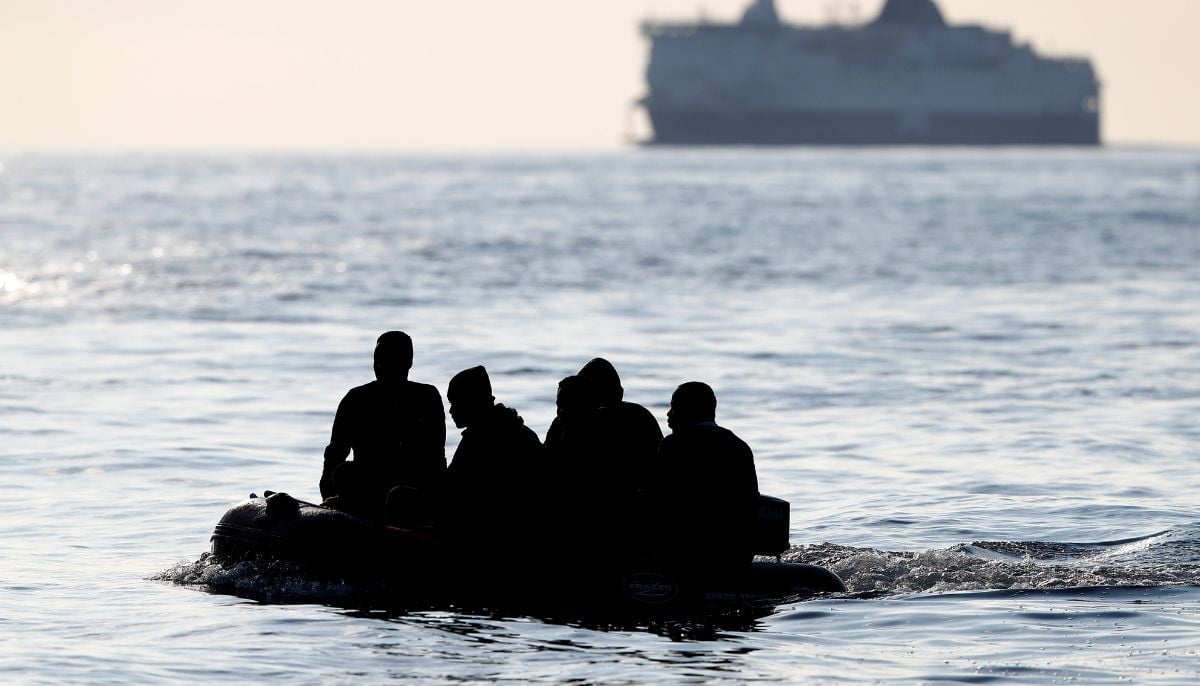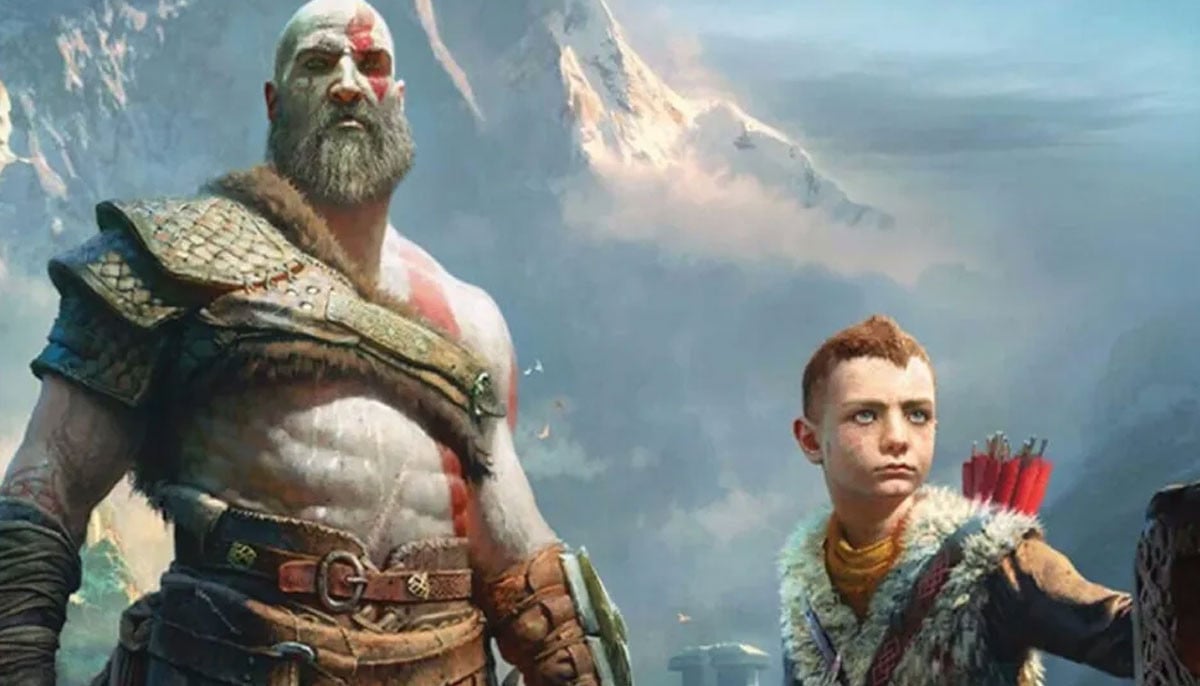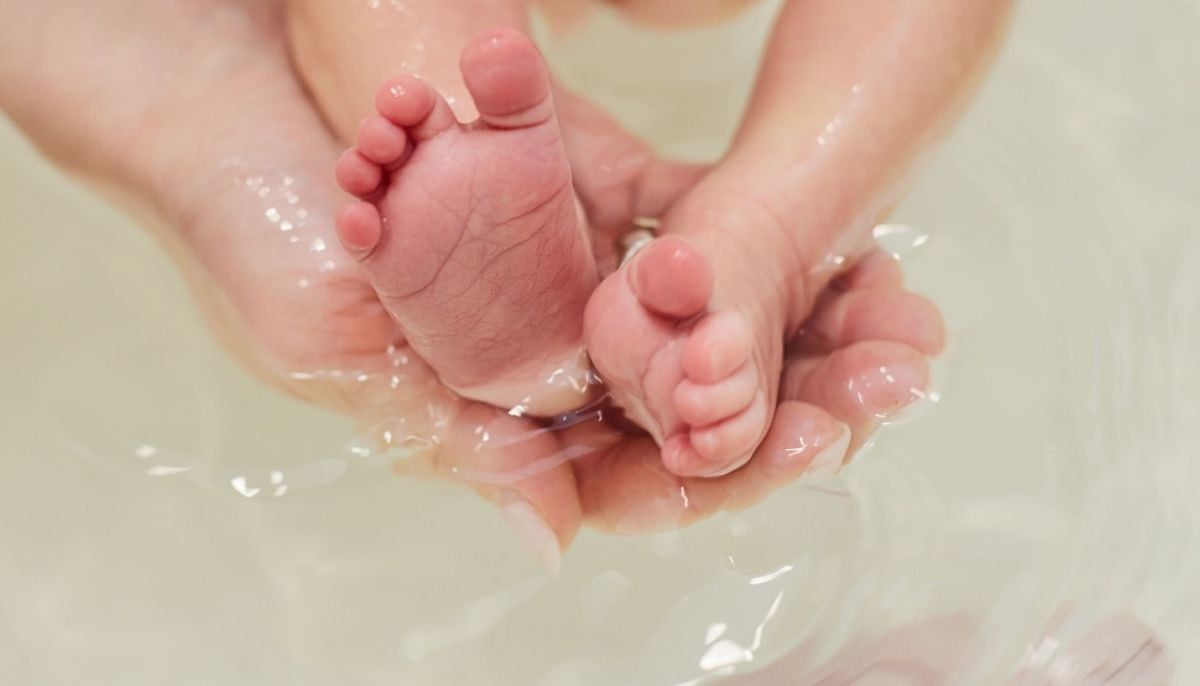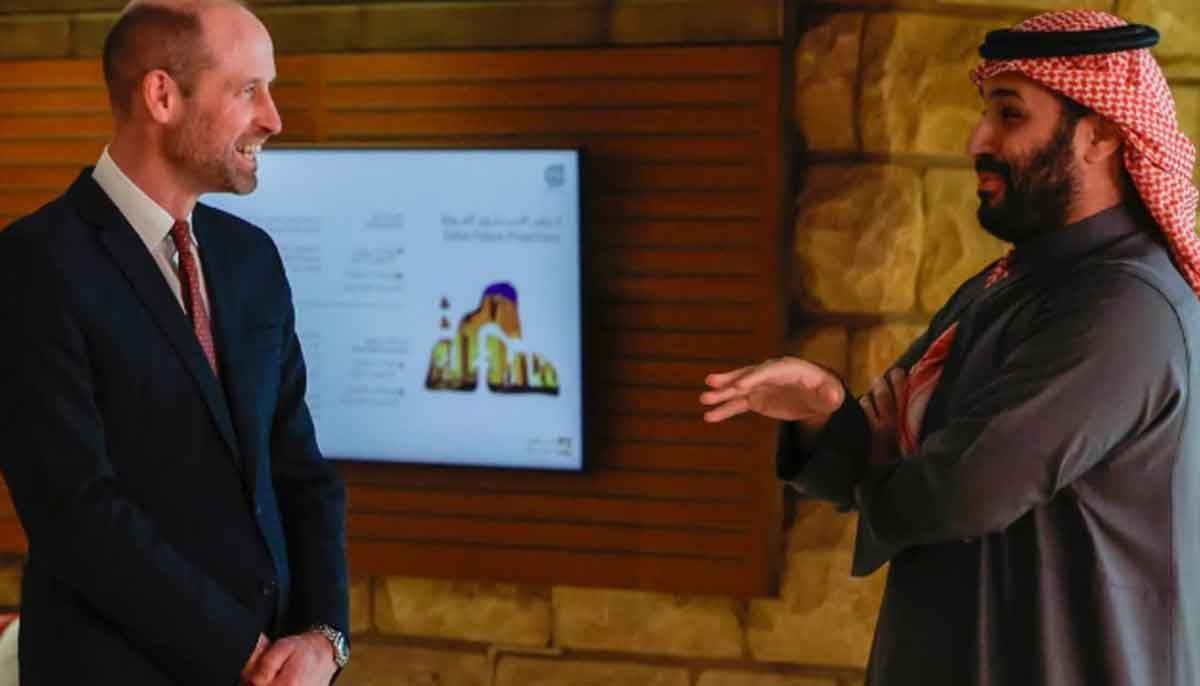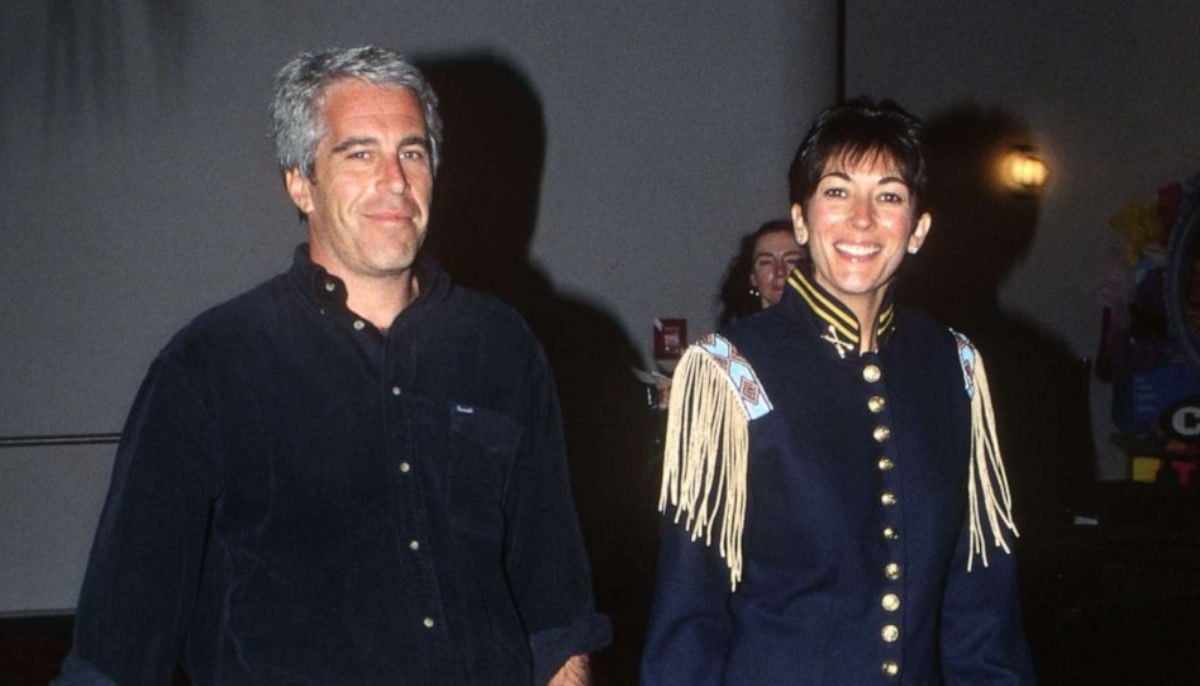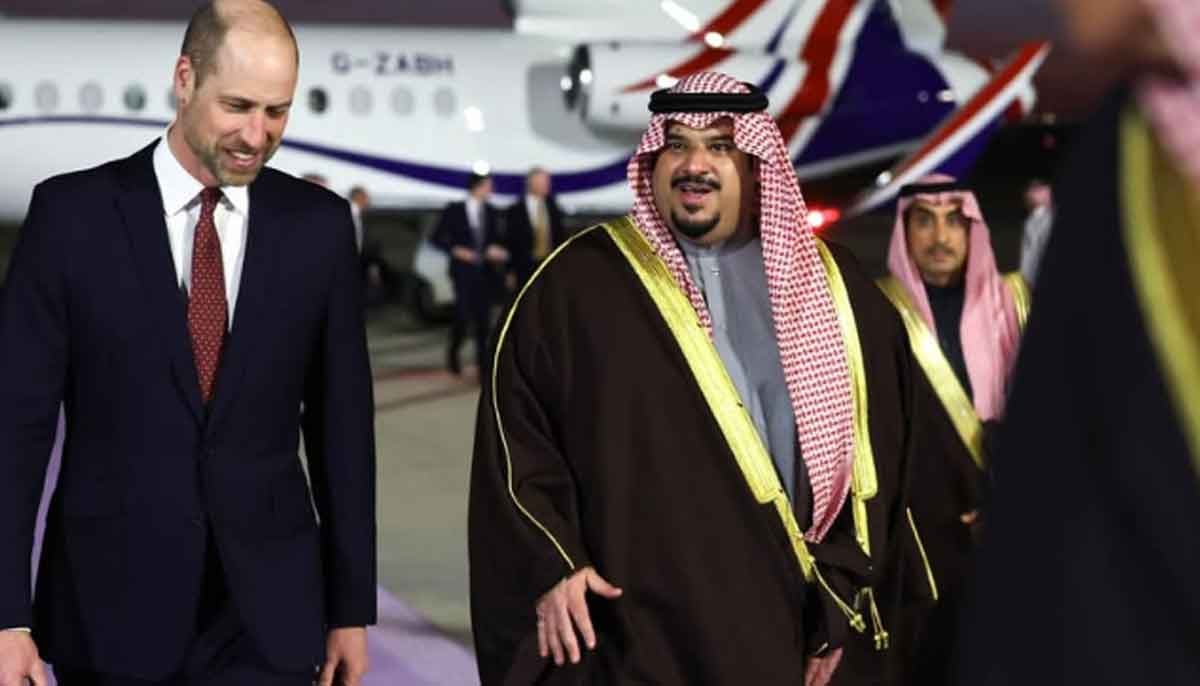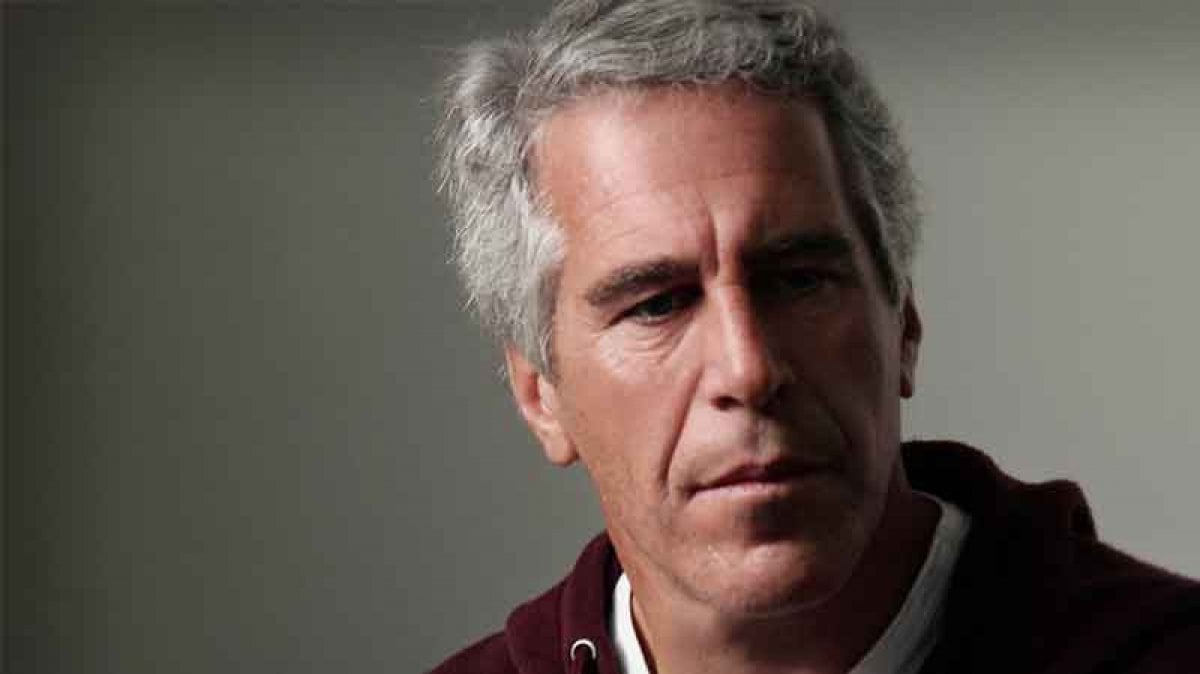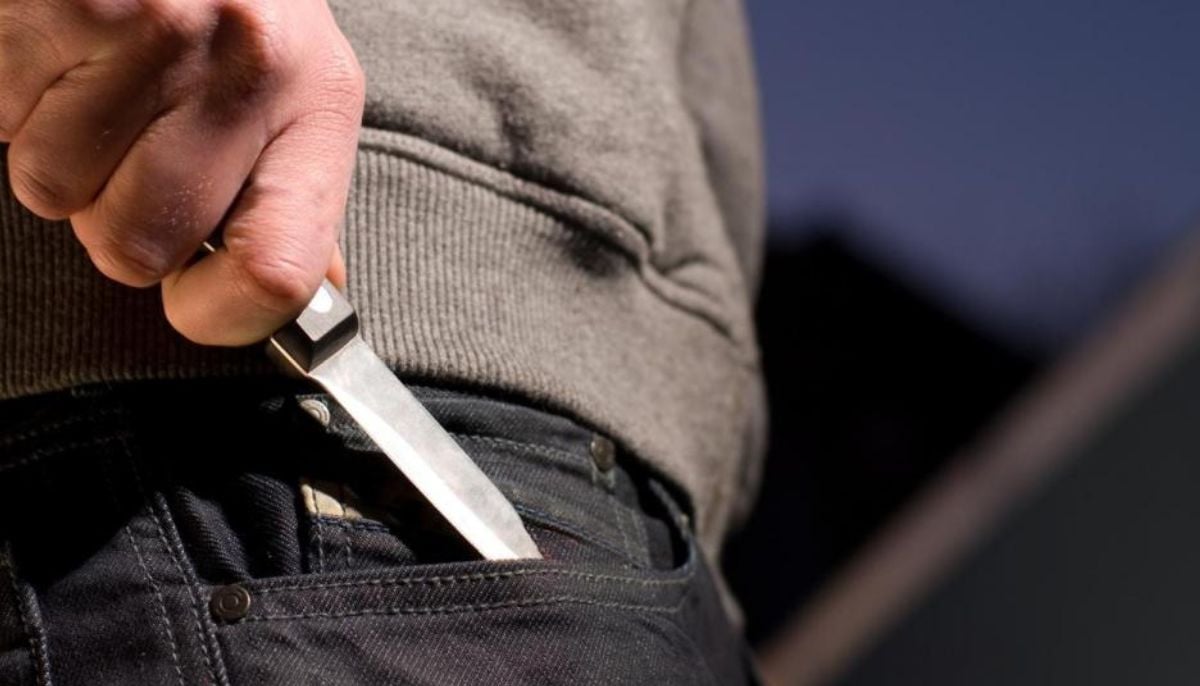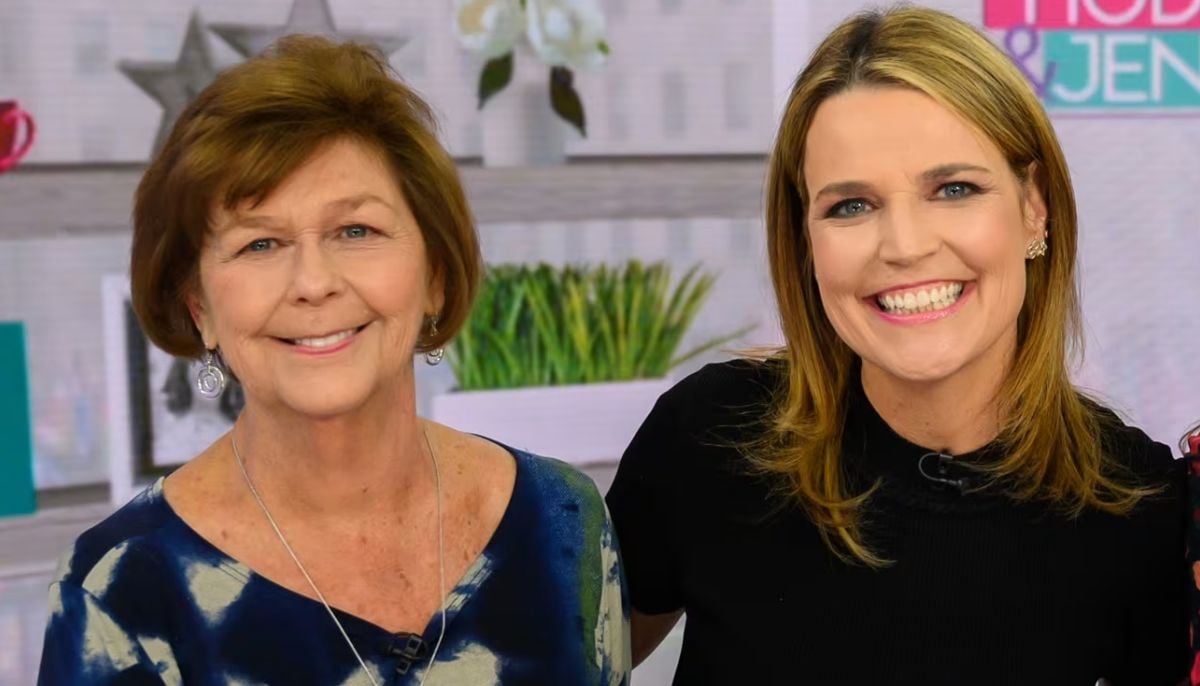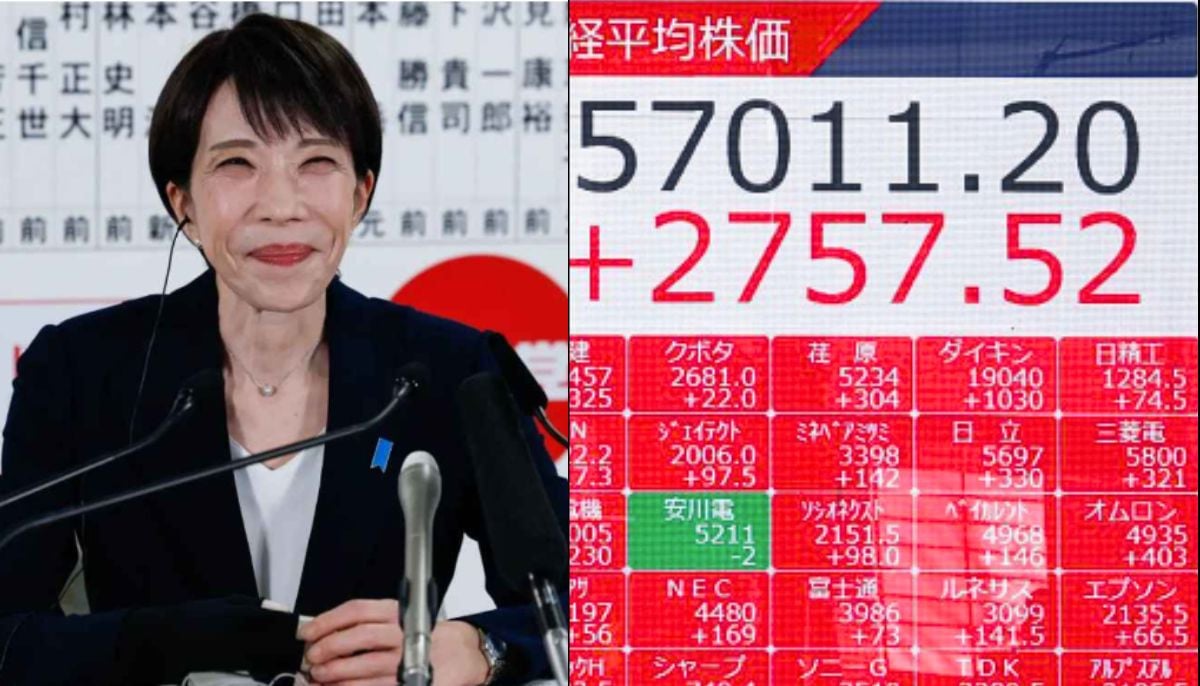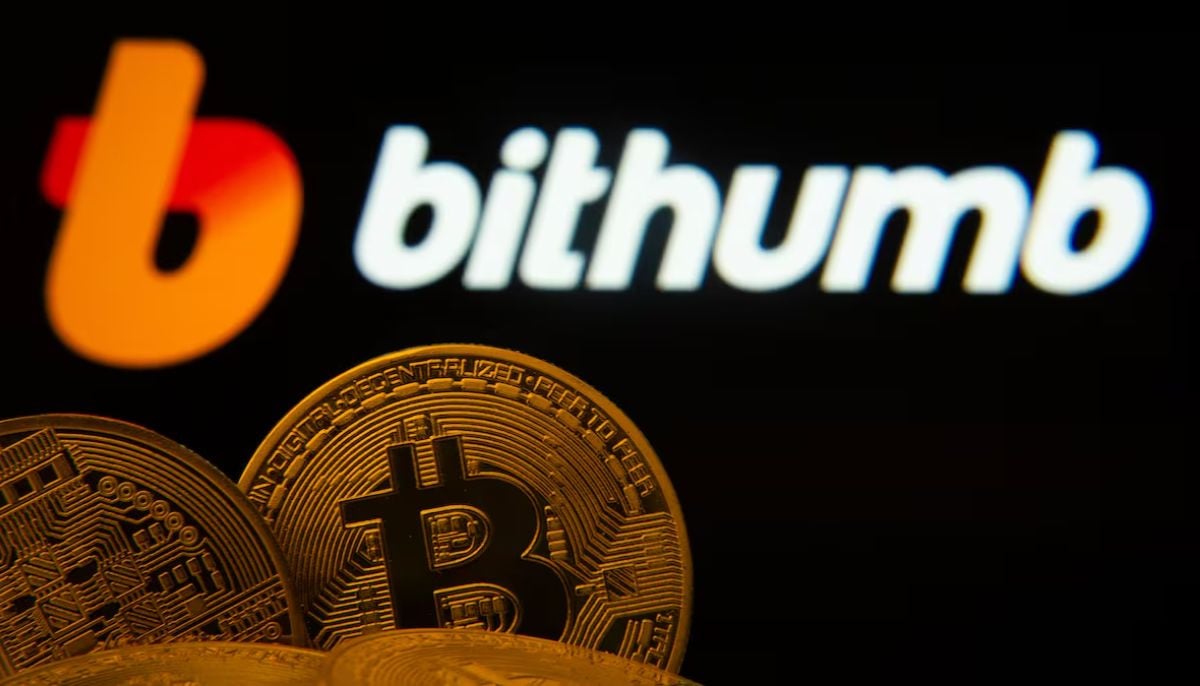Daron Acemoglu, Simon Johnson, James Robinson win economics Nobel
Trio has been awarded for research into wealth inequality between nations
The Nobel prize in economics was awarded on Monday to Turkish-American Daron Acemoglu and British-Americans Simon Johnson and James Robinson for research into wealth inequality between nations.
The trio was honoured "for studies of how institutions are formed and affect prosperity", the jury said.
The prestigious award, formally known as the Sveriges Riksbank Prize in Economic Sciences in Memory of Alfred Nobel, is the final prize to be given out this year and is worth 11 million Swedish crowns ($1.1 million).
"Reducing the vast differences in income between countries is one of our time's greatest challenges. The laureates have demonstrated the importance of societal institutions for achieving this,” said Jakob Svensson, Chair of the Committee for the Prize in Economic Sciences.
The economics award is not one of the original prizes for science, literature and peace created in the will of dynamite inventor and businessman Alfred Nobel and first awarded in 1901, but a later addition established and funded by Sweden's central bank in 1968.
Past winners include a host of influential thinkers such as Milton Friedman, John Nash - played by actor Russell Crowe in the 2001 film "A Beautiful Mind" - and, more recently, former US Federal Reserve Chairman Ben Bernanke.
Last year, Harvard economic historian Claudia Goldin won the prize for her work highlighting the causes of wage and labour market inequality between men and women.
The economics prize has been dominated by US academics since its inception, while US-based researchers also tend to account for a large portion of winners in the scientific fields for which 2024 laureates were announced last week.
That crop of prizes began with US scientists Victor Ambros and Gary Ruvkun winning the prize for medicine on Monday and concluded with Japan's Nihon Hidankyo, an organisation of survivors from Hiroshima and Nagasaki who campaigned for the abolition of nuclear weapons landing the award for peace on Friday.
-
Ghislaine Maxwell will not answer Congress questions on Epstein
-
Kensington Palace announces Prince William's arrival in Saudi Arabia
-
Super Bowl 2026: Why didn't Epstein survivors ad air on TV?
-
Girl and grandfather attacked in knife assault outside Los Angeles home
-
Super Bowl halftime show 2026: What did Trump say about Bad Bunny?
-
Former NYPD detective says Nancy Guthrie's disappearance 'could be hoax'
-
Japan Elections: Stock surges record high as PM Sanae Takaichi secures historic victory
-
$44B sent by mistake: South Korea demands tougher crypto regulations
